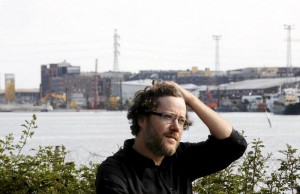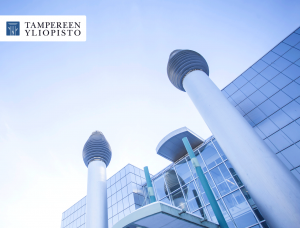This week, Rome hosts the 22nd ISUF conference, with as title “City as Organism – New visions for urban life”. I’m not entirely sure what to expect from the wide range of interesting-looking papers that relate in broad terms to the issue of urban form and morphology – urban morphology as a separate field of study being somewhat of a mystery to me. But I’m very much looking forward to being inspired at La Sapienza by the conference’s academic input, as much as by that city that defies words as much as it inspired them. Reminds me of the fact that even the saints Jerome and Augustine confessed to have been “allured and teased by sensuous images of Rome” (Mumford 1961: 246).
I’ll be presenting my research on (em)plotting urban planning on Wednesday.
“Narrating Helsinkis Kalasatama – Narrative Plotting, Genre and Metaphor in Planning New Urban Morphologies”.
Full programme here.
My last experience of Rome was watching La Grande Bellezza – I wrote a small piece of the way it depicts the “vortex” of urban life here.
I’ll try to get hold of some novels (hopefully in English translation) by the Neapolitan author Raffaele La Capria, who acted as one of the inspirations for the figure of Jep Gambardella in La Grande Bellezza.


